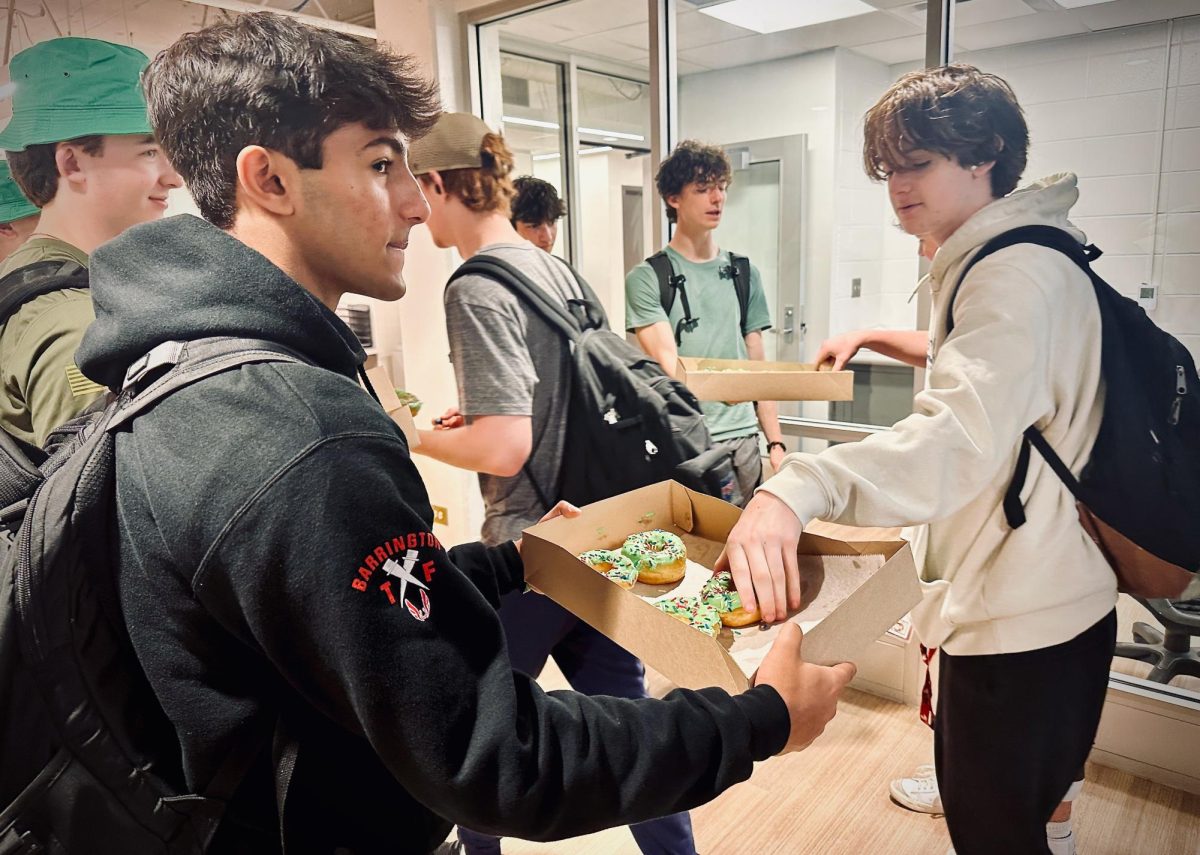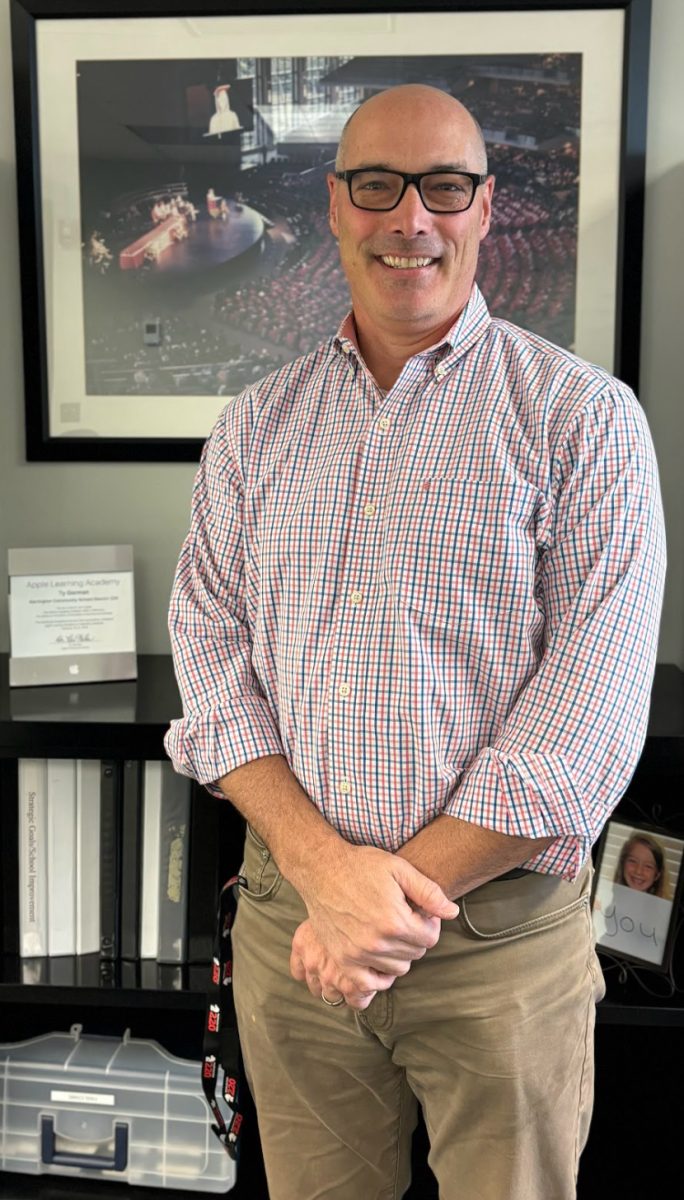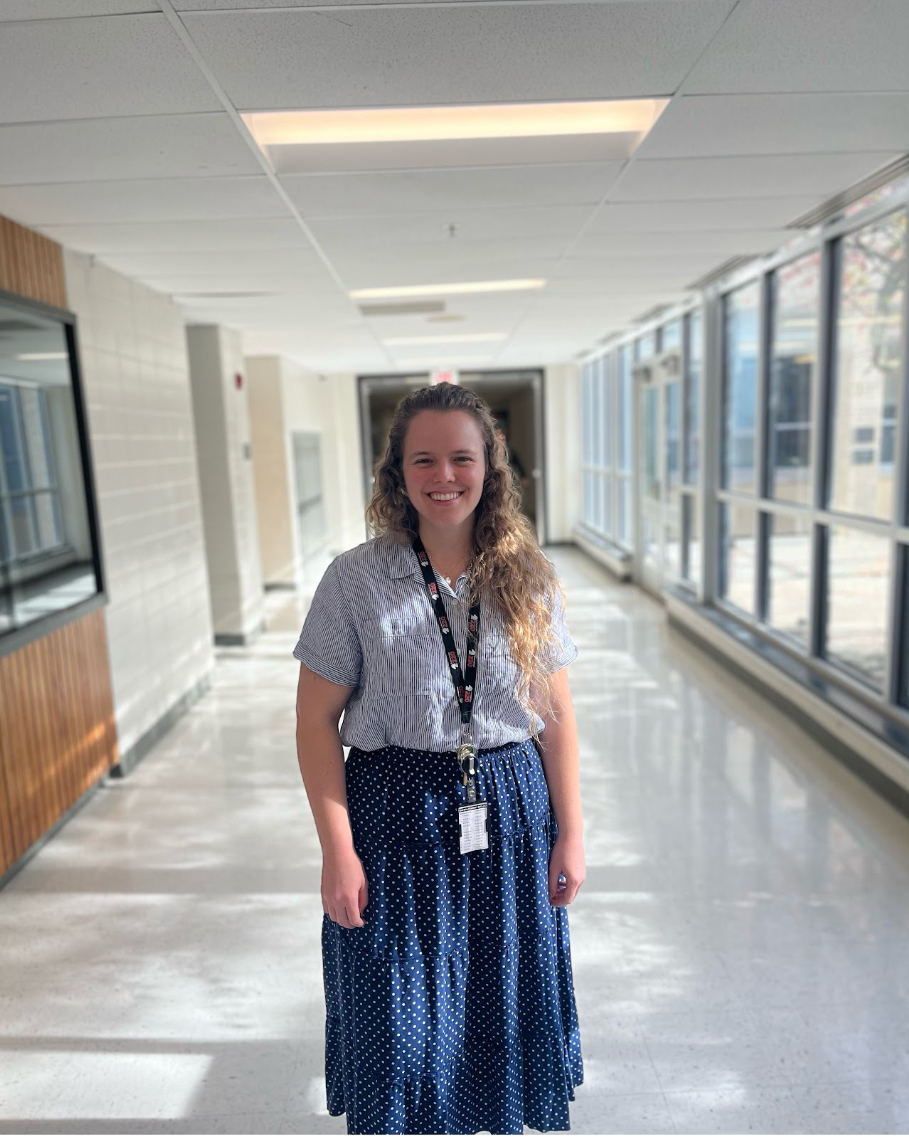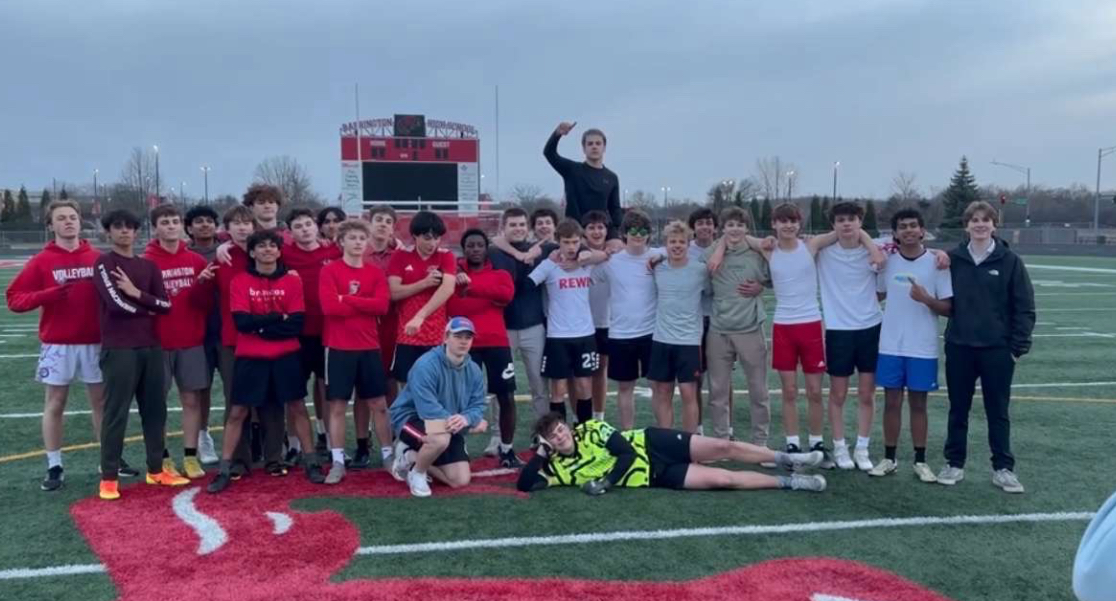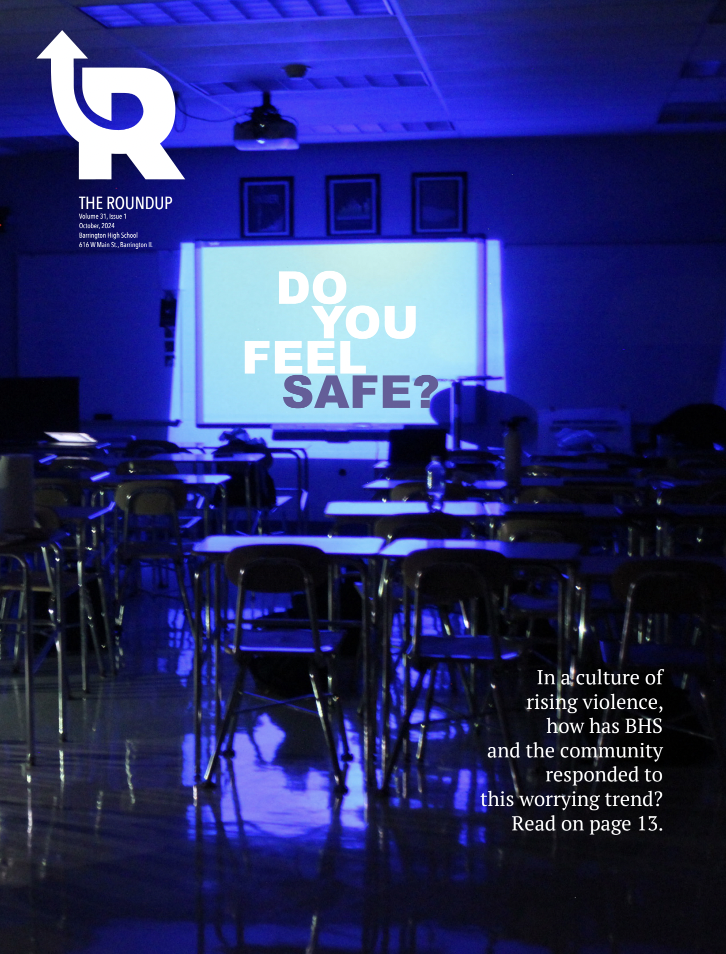The Board of Education meeting opened with a special report from fifth grader Leah Diaz from Sunny Hill Elementary School. She shared exciting events and personal achievements.
“I am on the principal’s advisory, and I have been able to help Sunny Hill with new ideas throughout the year,” Diaz said. “In October, we celebrated kindness with a glow party. We also turned off all the lights in the multipurpose room, passed out glow sticks and necklaces, and had a dance party.”
After a few housekeeping details, the board transitioned to public comments. The majority revolved around recent changes to the structure of case manager and special service teacher roles.
The board heard from Marcy Cole, a case manager at BHS. Recently, Cole and her colleagues were informed that their roles as case managers were set to be eliminated. They were told to return to the classrooms while still managing student cases. Cole expressed her concerns about the difficulty of the situation.
“As a former classroom teacher and case manager for 13 years, I know firsthand how difficult it is to balance both roles effectively,” Cole said. “It’s essentially two jobs.”
Two years ago, the administration separated the roles of teachers and case managers, allowing case managers to focus solely on management. The administration is now seemingly reversing this decision.
The board also heard from Debbie LeComte. LeComte commented on the same issue while simultaneously highlighting its effects on special service teachers.
When the administration separated the roles of teachers and case managers, they also lightened the roles of special service teachers. They were no longer teaching five classes and managing a caseload, but teaching five classes and a hall duty. LeComte expressed the positive effects this had on her teaching experience.
“For the first time in my career, I’ve had the same time and resources that general education teachers have always had…I’ve been able to prepare engaging, high-quality lessons that include student choices and foster deeper learning,” LeComte said. “Before this change, my ability to effectively teach was significantly hindered by the demands of managing a caseload, the time required for IEPS, emails, parent meetings, legal paperwork and providing testing accommodations.”
After public comments, Superintendent Dr. Craig Winkleman started his report. He opened by recognizing 12 national merit finalists from BHS. Principal Steve McWilliams was also in attendance and shared more information on what it means to be a finalist.
“A lot of organizations and Fortune 500 businesses give scholarships to students who earn these awards…at this point, I’ve seen four students that have earned very nice scholarships from companies and organizations to help fund their post-secondary careers,” McWilliams said. “A lot of times colleges and universities recognize these students by giving them presidential scholarships.”
Dr Winkleman then took time to discuss Governor Pritzker’s proposed legislation to ban cell phones during classroom instruction.
8 states currently have policies and guidelines restricting or prohibiting cell phones in schools. Dr Winkleman stated, “we’ve taken a broader approach.” Cell Phone usage is just one of seven areas that the district’s advisory group is currently working on. The advisory group consists of multiple perspectives, from students to administration.




